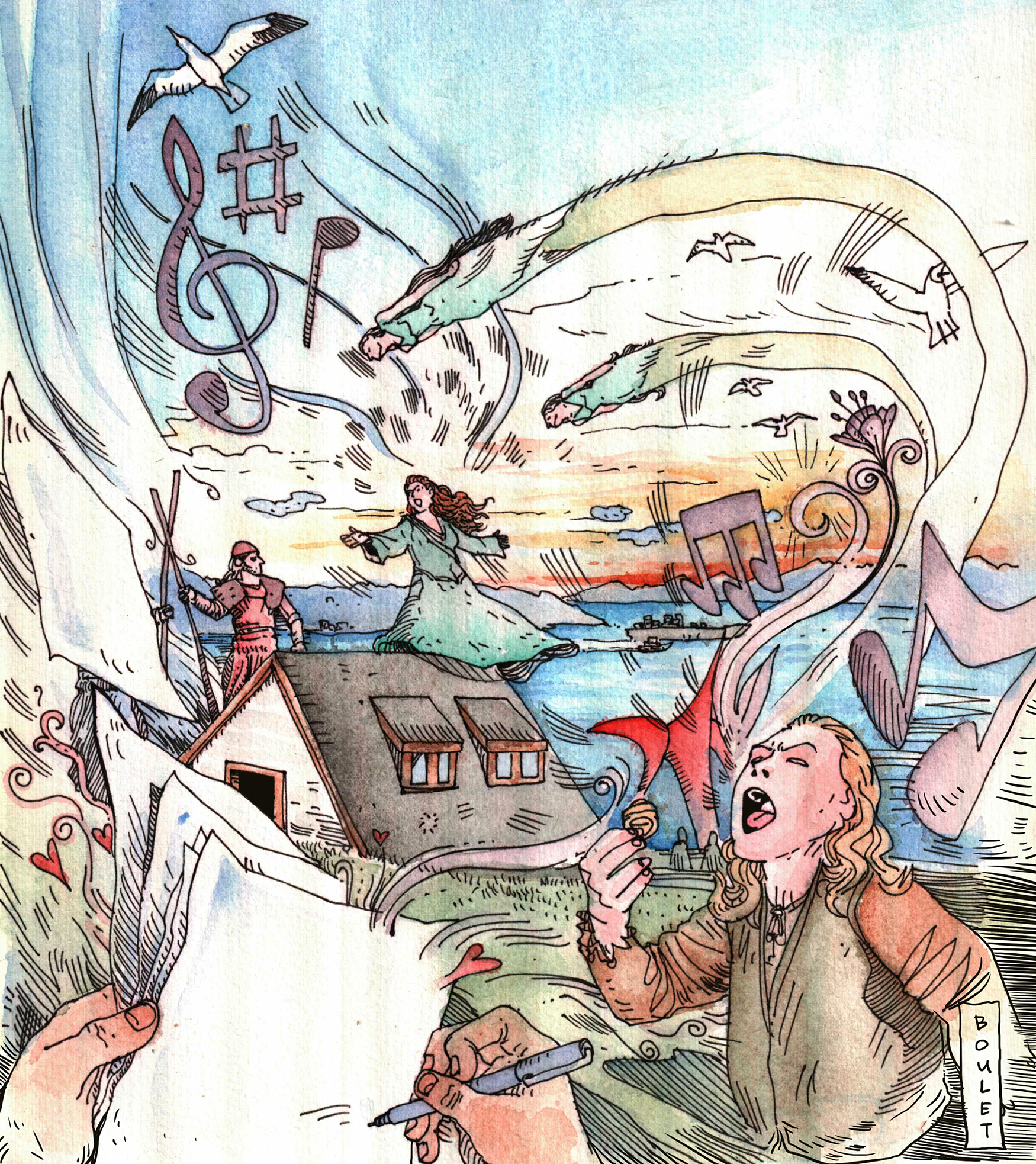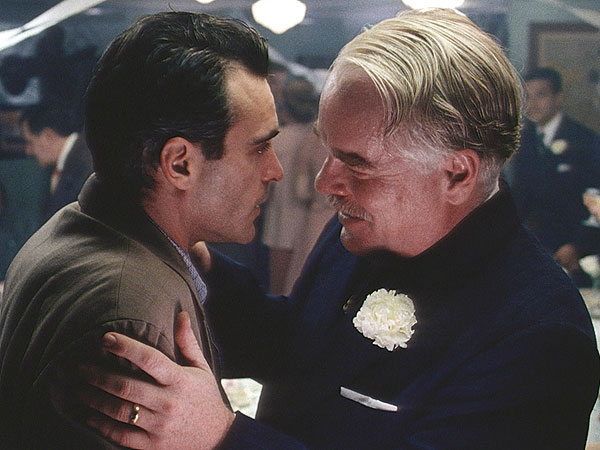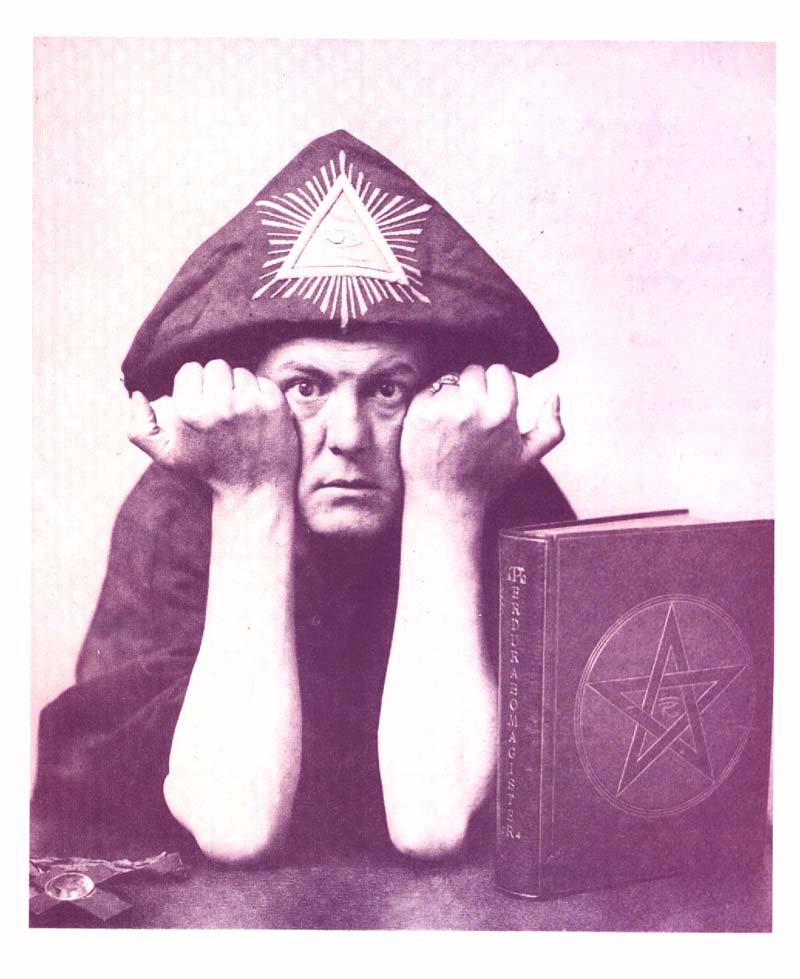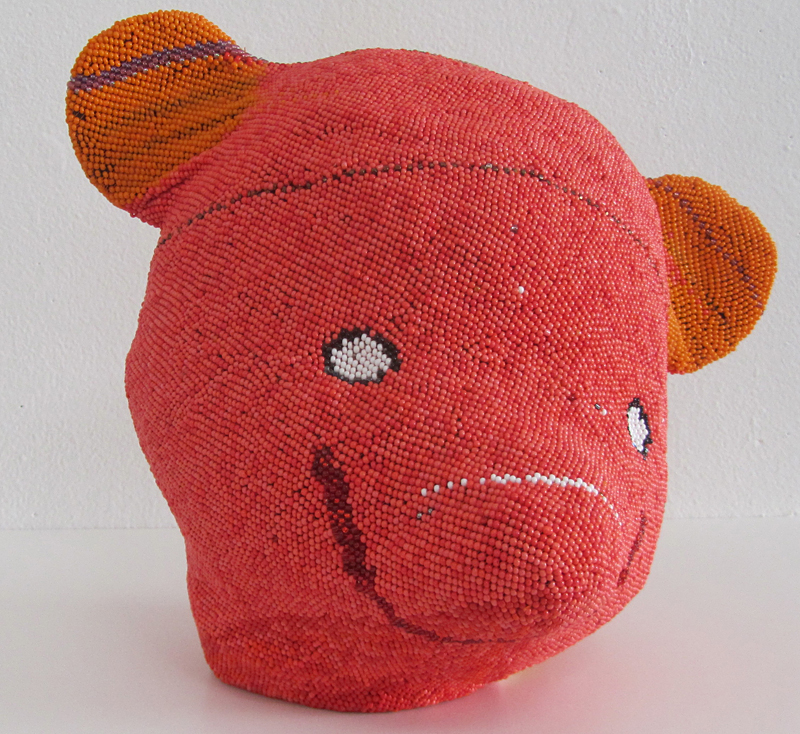Alice Neel: The Art of Not Sitting Pretty by Phoebe Hoban (St. Martin’s, $35). Neel (1900–1984) was the most independent-minded painter in New York, “a grande, if often rude, dame” who turned her back on the art world to plant her flag in the neglected genre of portraiture. By the time her career took off in the 1960s, this ultimate bohemian had worked for the WPA, lived on welfare, and had many lovers and four children—one died, one was confiscated by her in-laws—and never ceased painting with uncanny psychological insight. Her wordy, misspelling-ridden bio needed a much better edit than it got. Still, Neel’s fascinatingly contradictory, gloriously stubborn character shines through. JULIE PHILLIPS
The Anthology of Rap by Adam Bradley and Andrew DuBois (Yale, $35). Two academics put together a book of rap lyrics, appending their analyses with some rappers and Henry Louis Gates Jr. They also, as infamously noted by Slate, get a few lines wrong. But what could have been an insufferable rap-snob collectible ended up being one of the first truly encyclopedic, essential anthologies on the form, one making that other rap book from 2010—Jay-Z’s Decoded—look amateurish by comparison. It’s an Ivy League master class in the language of hip-hop. Register today. Quoteth KRS-One: You. Must. Learn. FOSTER KAMER
The Black Nile: One Man’s Amazing Journey Through Peace and War on the World’s Longest River by Dan Morrison (Viking, $26.95). Ex-Newsday reporter Morrison took a trip most reasonable people avoid, riding a series of rickety boats, barges, and battered pickup trucks from the mouth of the Nile at Lake Victoria through Uganda, and north through war-ravaged Sudan. This is the Nile minus the pyramids, the one seen by few tourists. Morrison’s book is part adventure story, with treks through crocodile-filled marshes and narrow escapes from gun battles. But adventure is only half the story in this marvelously told tale of a modern pilgrim drifting down a river in search of the rest of our world. TOM ROBBINS
Encounter by Milan Kundera, translated by Linda Asher (Harper, $23.99). Kundera’s collection of essays on aesthetics is very much brainporn for humanities nerds. His discussion of the arts easily rivals Pauline Kael’s writings on film—seamlessly combining punch and panache with searing cultural critique. Indeed, the Czech émigré makes some rather ballsy claims in his recently translated oeuvre: Protagonists of “great” novels must be childless; good art must not be overtly political; friendship must transcend personal values. Kundera, however, has the linguistic chops to effortlessly back up his polemics. And in Encounter, he does so by celebrating the surreal—and sentimental—in sweeping, sincere prose. VICTORIA BEKIEMPIS
How to Wreck a Nice Beach: The Vocoder From World War II to Hip-Hop, the Machine Speaks by Dave Tompkins (Melville House, $35). Hitler, Philip K. Dick, Thomas Pynchon, and the author’s recurring dream about a “talking dragon fireplace” are just a handful of characters that float through Tompkins’ comprehensively bonkers account of the vocoder, a device he places in milieus as far-flung as Solzhenitsyn’s prison camp and downtown New York. Like the mishearing that provides the book’s title, the vocoder in Tompkins’ hands becomes a cracked translation device, illuminating the weirder crevices of history, personal and otherwise. ZACH BARON
Just Kids by Patti Smith (Ecco, $16). Composed of incandescent sentences more revelatory than anything from Smith’s poems or songs, her romantic memoir also reveals what blunt narrative instruments the earlier career bios of her and photographer Robert Mapplethorpe have been. From 1967 to 1974, two penniless college dropouts vow to protect each other while chasing their mutual need for artistic expression—across Brooklyn student squats and lice-ridden SROs to the Chelsea Hotel and Max’s Kansas City. Patti makes us watch past events unfold from deep inside the duo’s private reality—a shared numinous vision—that always managed to attract mentors, patrons, and star-makers their way. CAROL COOPER
Six Novels in Woodcuts by Lynd Ward, edited by Art Spiegelman (Library of America, $70). Although the Library of America characterizes Ward (1905–1985) as “America’s first great graphic novelist,” it might be more accurate to describe the author of the six wordless sagas collected here as our first great book artist—indeed, this handsome, hefty two-volume set is itself an object. One ferociously expressionist illustration per page, novels like Ward’s first, the elemental allegory Gods’ Man (1929) and, his last, the dizzying time-space conundrum Vertigo (1937), have as much need for language as silent movies do for voiceover narration. Such words as the set contains are in the form of a knowledgeable, passionate introduction by Spiegelman, an artist who recognizes Ward as a precursor. J. HOBERMAN
Skippy Dies by Paul Murray (Faber and Faber, $28). Intrigue, lust, psychoactive drugs, interdimensional travel, and perhaps the worst classical-music quartet ever to grace a stage all matriculate at the boys’ boarding school in which Paul Murray sets Skippy Dies. This outsize comic novel offers a portrait of male adolescence at once droll and strangely affecting. Too clever by half and too long by perhaps a third, the book displays wonderful liberality—no character is forgotten, no skein of plot ignored, no theme neglected. Like the doughnuts among which Skippy expires, this book is happily overstuffed, if sadly lacking in lickable chocolate icing. ALEXIS SOLOSKI
A Visit From the Goon Squad by Jennifer Egan (Knopf, $25.95). Identity shifts and slides and flits throughout Egan’s novels, each of which sends characters in search of themselves. In her latest, the music-besotted Goon Squad, she probes the identity of the novel itself. A collection of linked short stories with recurring phrases and figures, it darts among nations, decades, perspectives, and people. It also includes a PowerPoint presentation on great pauses in rock songs. In less adept hands, the book would seem little more than a postmodern experiment, but Egan constructs the novel with great skill and greater empathy. This Goon is all grace. ALEXIS SOLOSKI
Witz by Joshua Cohen (Dalkey Archive, $18.95). Sure, Cohen’s novel of the last Jew on Earth is as winding, short on final punctuation, and prolix as everybody says it is, but it’s also inventive—a constantly detaching and reattaching foreskin and an alien named Herr Doktor Professor Froid both feature. Witz‘s mania works because it’s never less than really funny—funny about families, nostalgia, victimhood, religion, and, most of all, about language itself, which Cohen ties into knots. Or maybe we should say knots into ties? ZACH BARON








